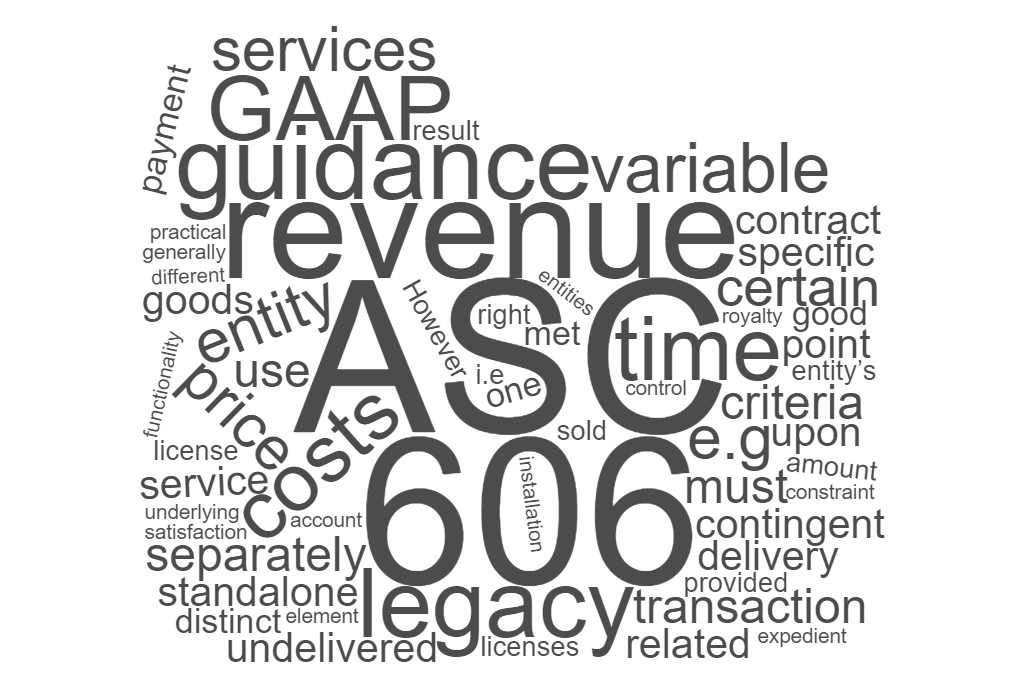The amendment to a major revenue recognition accounting rule is burdening finance and accounting groups and creating additional challenges for technology departments at some of the world’s leading organizations. The U.S. Financial Accounting Standards Board (FASB) imposed the new rule because it wanted financial statements to more accurately depict the timing, uncertainty and volatility of doing business. The rule will align a company’s booking of revenue with the sales of products and services that generate it. Theoretically, the new standard will allow investors to more easily compare revenue bookings between companies. The deadline for compliance is 2019.
As a result, public companies in particular are facing higher costs as they spend, not at the least money but perhaps even more pressingly, months of time to comply with a new rule that will change how revenue is booked.
Accountants in must be employed to audit and investigate thousands of bills and contracts to determine if and how they must change to legally reflect the booking of sales for the fiscal years after December 15, 2017 (and after December 15, 2018 for privately held companies). Moreover, given the accountants’ findings, technology departments are having to adapt existing code, upgrading their applications and acquiring expensive new software to ensure the increasingly automated accounting and finance operations maintain their requisite pace of business.
Given the above, corporations have been wrestling with the implications with many still assessing how to apply the rules.
Companies have relied on customized software that automatically logs the information for each contract on its financial statements. However, after the accounting change, many will have to credit more of its revenue to specific classifications of sales and recognize it earlier. In effect, the company will account for revenue from many contracts differently from the way they bill customers, forcing them to rebuild algorithms and yet again, customize their accounting software.
“For a large company, it’s not unusual to spend eight to twelve months implementing new software,” said Tony Sondhi, a member of FASB’s Emerging Issues Task Force.
Companies often have legacy systems cobbled together over decades and through multiple acquisitions. Changing something as integral as revenue recognition often means dismantling the intricately tied systems and then stitching them back together.
However, even companies with newer systems are finding the change taxing and regardless, their administrative costs will rise. Specifically, it has been noted that full-time accountants will have to be employed to review contracts in preparation for the new rule. Existing staff will have to be retooled to manually reallocate revenue between particular types of sales and fees. Even with the full might of a dedicated group, transitions take months and years, not days or weeks. As some companies adopt the new rule, they will also restate financials going back two years, forcing them to audit multiple years’ worth of results. All of the aforementioned will require an IT customization to prevent the manual process from being an ongoing headcount requirement.
It is important for companies, no matter the size, to review their current state to be prepared for the future state of business, even if the change is a simple regulation as the implications could be numerous. If you or your firm are currently still grappling with how to adapt to this change, either from an accounting knowledge or from a technology customization standpoint, then consult with a partner who has the knowledge and resources to point you in the right direction.

